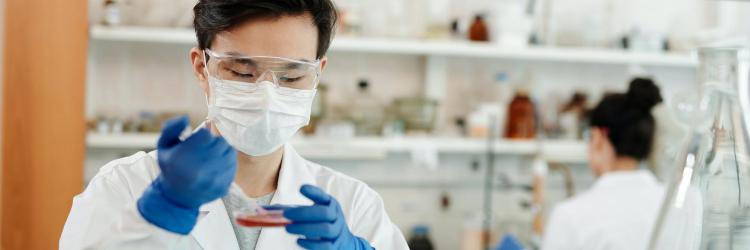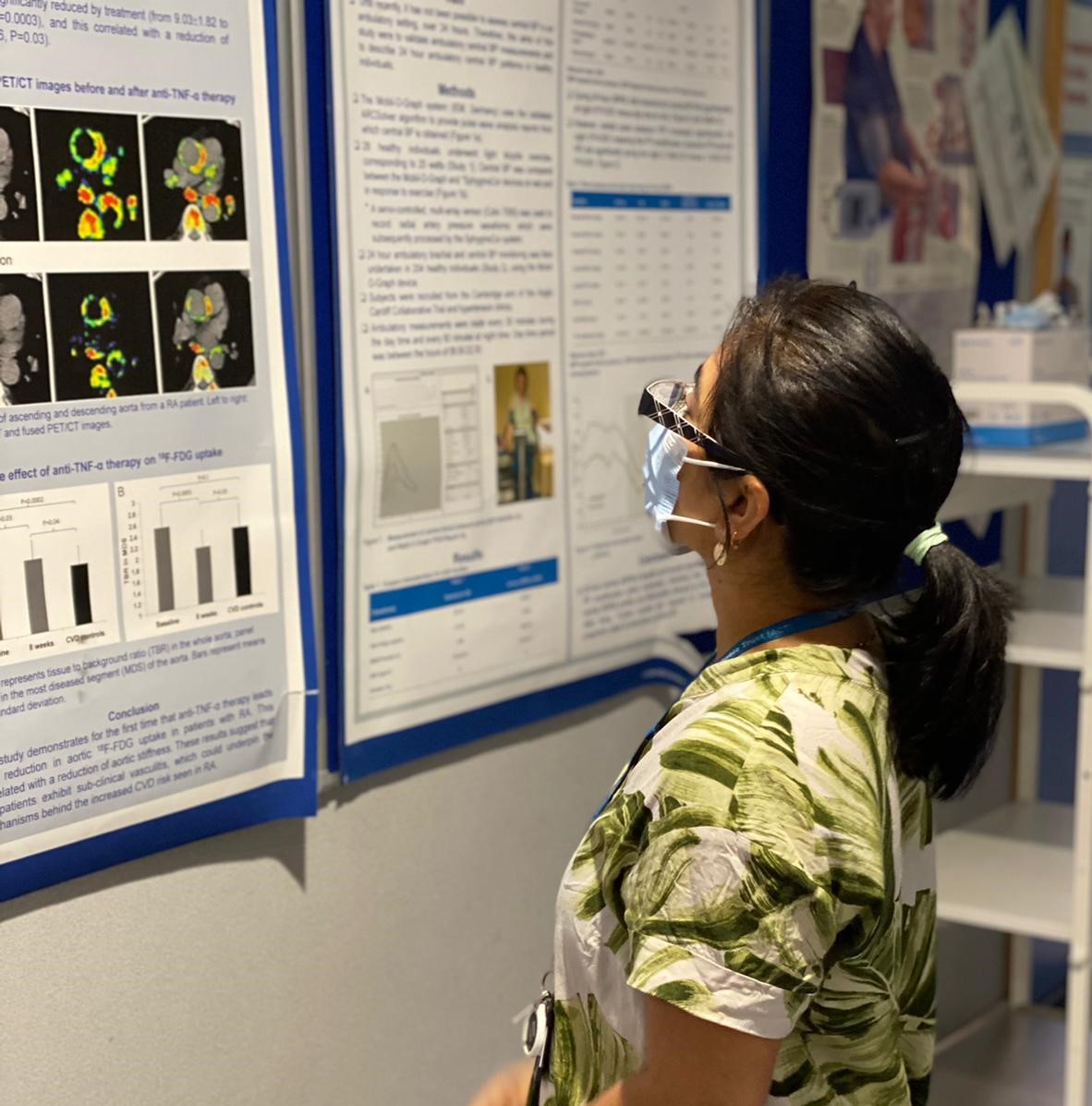Clinical Pharmacology and Therapeutics in the East of England
Clinical Pharmacology and therapeutics (CPT) is a small but important specialty. In Cambridge, CPT exists within the Division of Experimental Medicine and Immunotherapeutics.
The CPT programmes themselves are based entirely in Cambridge and can be undertaken alongside General Internal Medicine (GIM).
The emphasis is not only on learning to use drugs safely, but also experiencing and being part of novel drug development, learning how drugs can be repurposed and undertaking sound translational research. In the language of translational medicine, it will familiarise trainees with all aspects of drug development and use - from 'bench to bedside and back again'. A substantial part of the training is therefore often more academic than in other specialties.
Attractions of the Specialty
Clinical Pharmacology will appeal to those who want a very varied training, with as much time as possible under their own control, rather than dedicated to completing a necessary number of manual procedures. The research techniques which you can be taught in Cambridge include a number of non-invasive cardiovascular ones, such as those used to measure arterial stiffness and endothelial function reflecting the cardiovascular interest of the department. There are also opportunities for laboratory-based techniques to be learned.
With the academic and research bias of CPT, a high proportion of Clinical Pharmacologists are aiming (often very successfully) for a career as academic physicians. Many of our trainees complete a training fellowship (BHF or MRC) leading to a PhD/MD during their programme. The MPhil in Translational Biomedical Research is available as an option for some CPT trainees. The experimental medicine unit embedded in the Addenbrooke's Centre for Clinical Investigation (which houses the Clinical Pharmacology Unit in Cambridge) has good training links to Astrazeneca, whose global R&D headquarters will soon be operational on the Addenbrooke’s campus. Trainees will usually spend 6-12 months seconded to one of these Pharmaceutical partners to gain first-hand experience in the design and execution of drug studies especially 'first into man' studies. Trainees are expected to attend NICE meetings, participate in Research Ethics Committee and Drugs & Therapeutics Committee meetings.
Across the UK, the clinical face of Clinical Pharmacology varies from toxicology to pharmacogenetics to heart failure and hypertension. The clinical interest of the consultants in Cambridge is hypertension and cardiovascular medicine and the trainees have the opportunity of becoming experts in the management of conditions such as familial hypertension, phaeochromocytoma and Conn's syndrome. Additionally, our trainees are encouraged to pursue clinical research interests of their own choice for which mentorship can be provided from the wider campus, where available.
Apart from an academic exit, we have been very successful in placing our recent trainees into NHS consultant posts in their organ-based specialty, Acute Medicine, or the pharmaceutical industry. Our consultants have pursued academic, educational, research and clinical interests in a myriad of roles including on national and international committees including the BNF, ethics committees, funding panels and editorial boards.
Training programmes in CPT lead usually to a CCT in Clinical Pharmacology with level 2 competencies in GIM (four year programme from ST3). Programmes are also available that lead to a CCT in CPT plus GIM/Acute Medicine or CPT plus an organ-based speciality. The total lengths of these programmes are five and six years respectively from ST3 entry. For more information, please review the following pages from the JRCPTB: SpR Clinical Pharmacology
- Completion of a core medical training programme or equivalent.
- Documented evidence of achievement of level 1 competencies in general internal medicine (acute) and generic curricula.
- Documented evidence of completion of full MRCP(UK) Examination.
- BSc in a Biomedical Science would be useful. A background in Pharmacology is also not necessary but useful.
- JRCPTB: General Internal Medicine
- JRCPTB: ST3+/SpR Clinical Pharmacology
- The Division of Experimental Medicine and Immunotherapeutics
- Experimental Medicine Training Initiative
- Detailed guidance on the Clinical Pharmacology curriculum and assessment blueprint is available from the JRCPTB website.
No information available at present.



